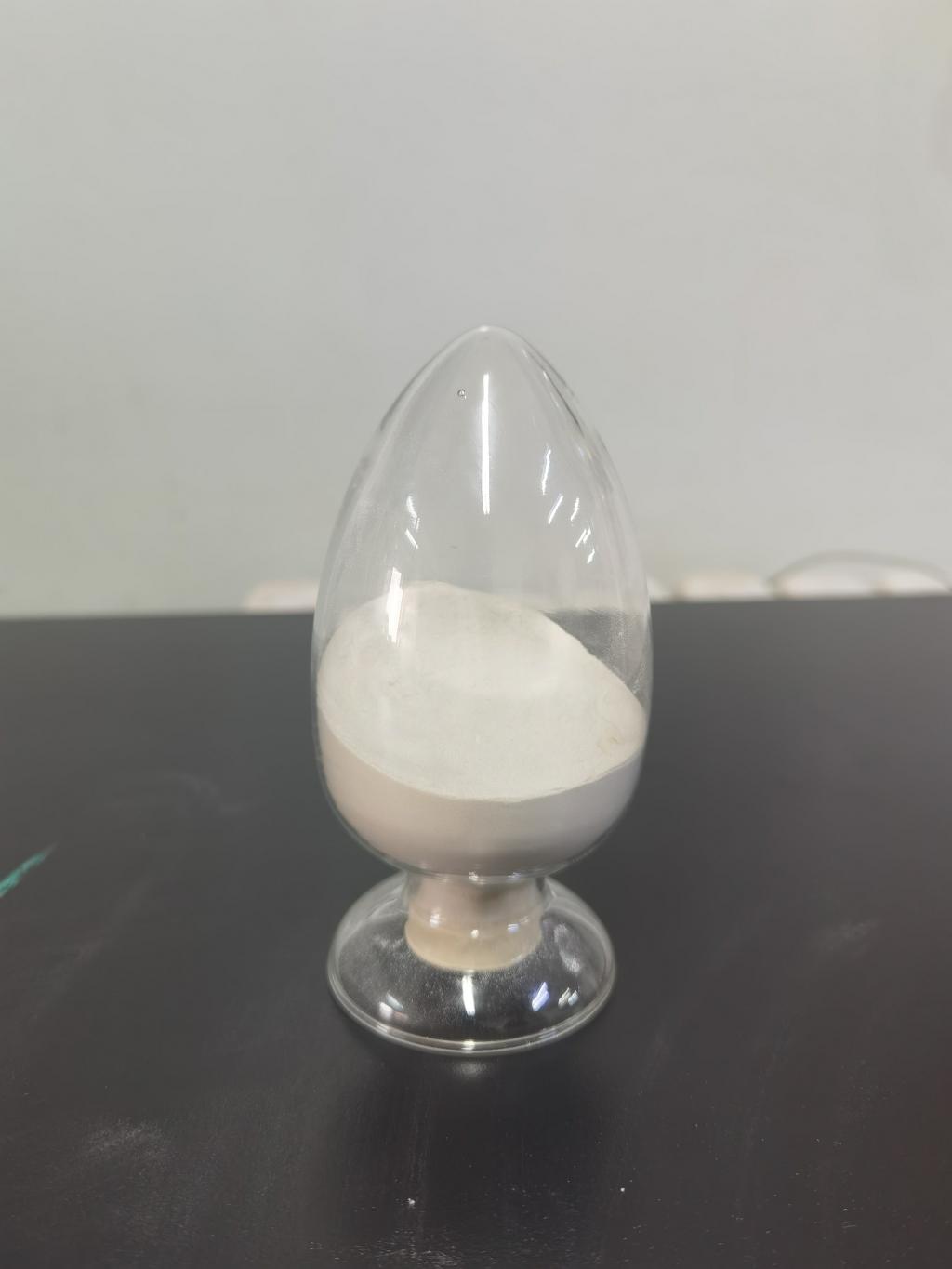Tel:+8618231198596

News
 CONTACT
CONTACT
 CONTACT
CONTACT
- Linkman:Linda Yao
- Tel: +8618231198596
- Email:linda.yao@dcpharma.cn
- Linkman:CHARLES.WANG
- Department:Overseas
- Tel: 0086 0311-85537378 0086 0311-85539701
News
Current Position:
Home >
News
>Investigating the effects of Nisin on the nutritional quality of fortified foods.
Investigating the effects of Nisin on the nutritional quality of fortified foods.
TIME:2024-04-29
Nisin: An Overview
Nisin is a bacteriocin produced by certain strains of Lactococcus lactis, a bacterium commonly found in dairy products. It is approved as a food preservative in many countries due to its safety and efficacy in inhibiting the growth of a wide range of bacteria, including some pathogenic strains. Nisin works by disrupting the cell membrane of susceptible bacteria, leading to their death or inhibition.
Fortified Foods and Nutritional Quality
Fortified foods are those that have been supplemented with additional nutrients, such as vitamins, minerals, or protein, to enhance their nutritional value. Common examples include fortified cereals, milk, and bread. The success of fortification programs depends not only on the bioavailability of the added nutrients but also on the preservation of their nutritional quality throughout the product's shelf life. Factors such as processing, storage conditions, and microbial contamination can affect the stability and bioavailability of these nutrients.
Effects of Nisin on Fortified Foods
Several studies have investigated the effects of nisin on the nutritional quality of fortified foods, with varying results depending on the specific food matrix and fortification levels. In general, nisin has been found to effectively inhibit the growth of spoilage and pathogenic bacteria in fortified foods, thus extending their shelf life. However, concerns have been raised regarding the potential impact of nisin on the stability and bioavailability of added nutrients.
Impact on Micronutrients
One area of concern is the effect of nisin on the stability of micronutrients, such as vitamins and minerals, in fortified foods. Some studies have reported no significant degradation of vitamins in nisin-treated foods, while others have observed reductions in vitamin content, particularly in products with high nisin concentrations or prolonged storage periods. Similarly, the stability of minerals in fortified foods may be influenced by interactions with nisin and other food components.
Bioavailability of Nutrients
Another consideration is the impact of nisin on the bioavailability of added nutrients in fortified foods. While nisin itself is not known to affect nutrient absorption, its antimicrobial activity may indirectly influence nutrient bioavailability by reducing microbial competition in the gastrointestinal tract. However, further research is needed to elucidate the specific mechanisms underlying these effects and their significance in human nutrition.
Consumer Acceptance and Safety
In addition to its effects on nutritional quality, the acceptance and safety of nisin-treated fortified foods are important considerations. While nisin is generally regarded as safe for human consumption at approved levels, concerns have been raised regarding potential allergic reactions or adverse effects in sensitive individuals. Consumer perception of nisin-treated foods may also vary depending on factors such as taste, texture, and labeling practices.
Conclusion
In conclusion, nisin shows promise as a natural preservative for fortified foods, offering the potential to extend their shelf life while maintaining safety and quality. However, further research is needed to fully understand its effects on the nutritional quality and bioavailability of added nutrients. By addressing these knowledge gaps, we can optimize the use of nisin in fortified foods to enhance their contribution to public health and nutrition.
- Tel:+8618231198596
- Whatsapp:18231198596
- Chat With Skype







